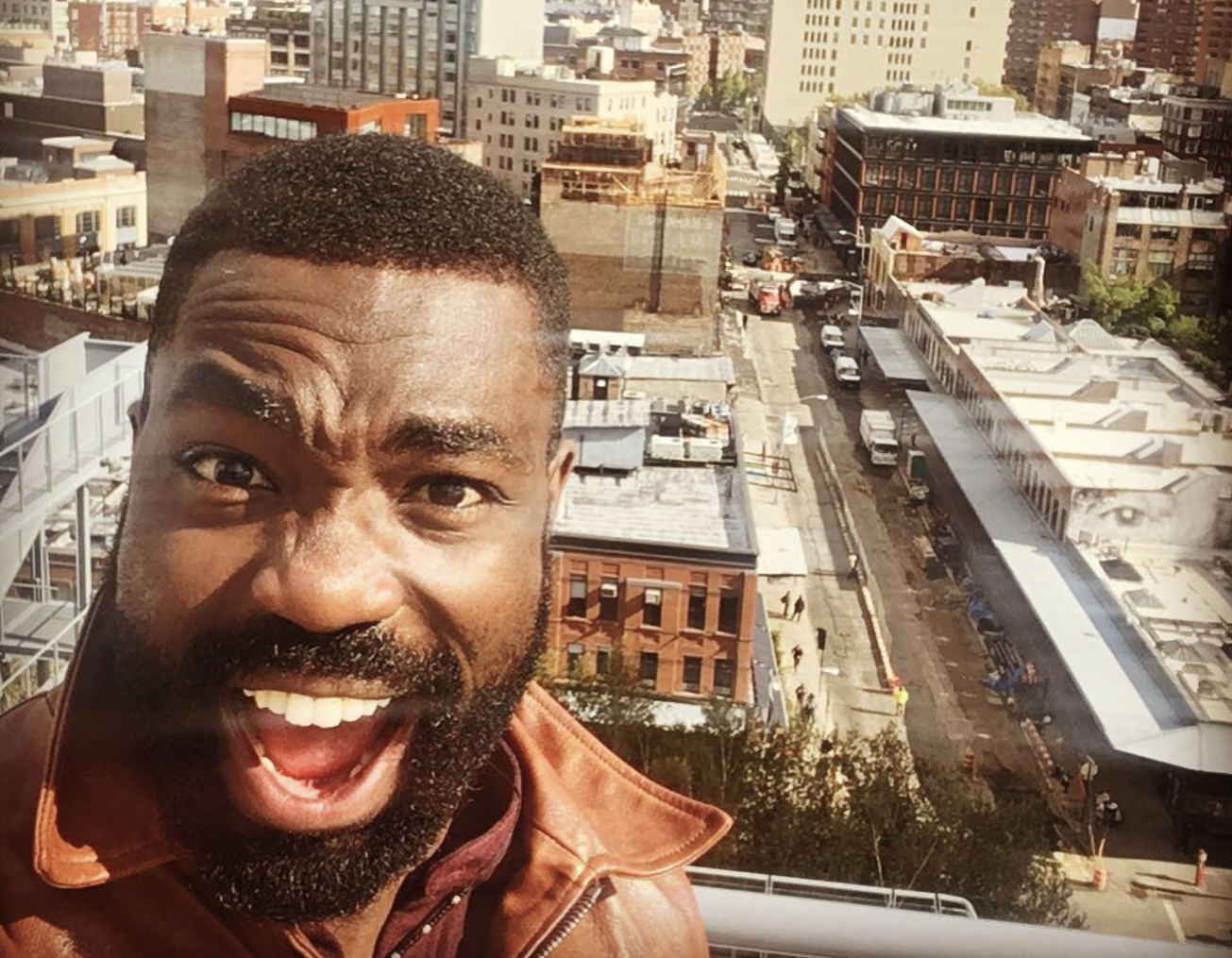Asked to elaborate on his remark that courts on occasions do not pronounce the right verdict, the Rajya Sabha member said, “On several occasions it does not. Nothing is absolutely correct. Nothing is perfect. Every decision — for one side it is right, for another side it is wrong.”
Responding to another question in the Parliament House complex, he said the Gyanvapi decision will finally be taken by the Supreme Court.
He emphasized that no decision can be considered perfect, as what may be right for one side could be wrong for another. Yadav also mentioned that the final decision on the Gyanvapi case will be made by the Supreme Court. He referred to the Ram Janmabhoomi-Babri mosque verdict as an example of how different decisions can be made in different forums.
Earlier today, the Allahabad High Court deferred immediate relief to the Gyanvapi Masjid committee challenging a Varanasi court’s decision permitting Hindu prayers in a section of the mosque. The court will hear the case on February 6. The committee appealed before Justice Rohit Ranjan Agrawal, responding swiftly after the Supreme Court directed them to approach the high court. The Varanasi court has allowed a priest to conduct prayers in the southern cellar of the Gyanvapi mosque.
Following the Varanasi court’s verdict, prayers were conducted in the cellar. The Gyanvapi mosque management committee has approached the Supreme Court, seeking an urgent hearing to challenge the district court’s order. The Supreme Court has directed the committee to approach the Allahabad High Court for further proceedings.
(You can now subscribe to our Economic Times WhatsApp channel)







